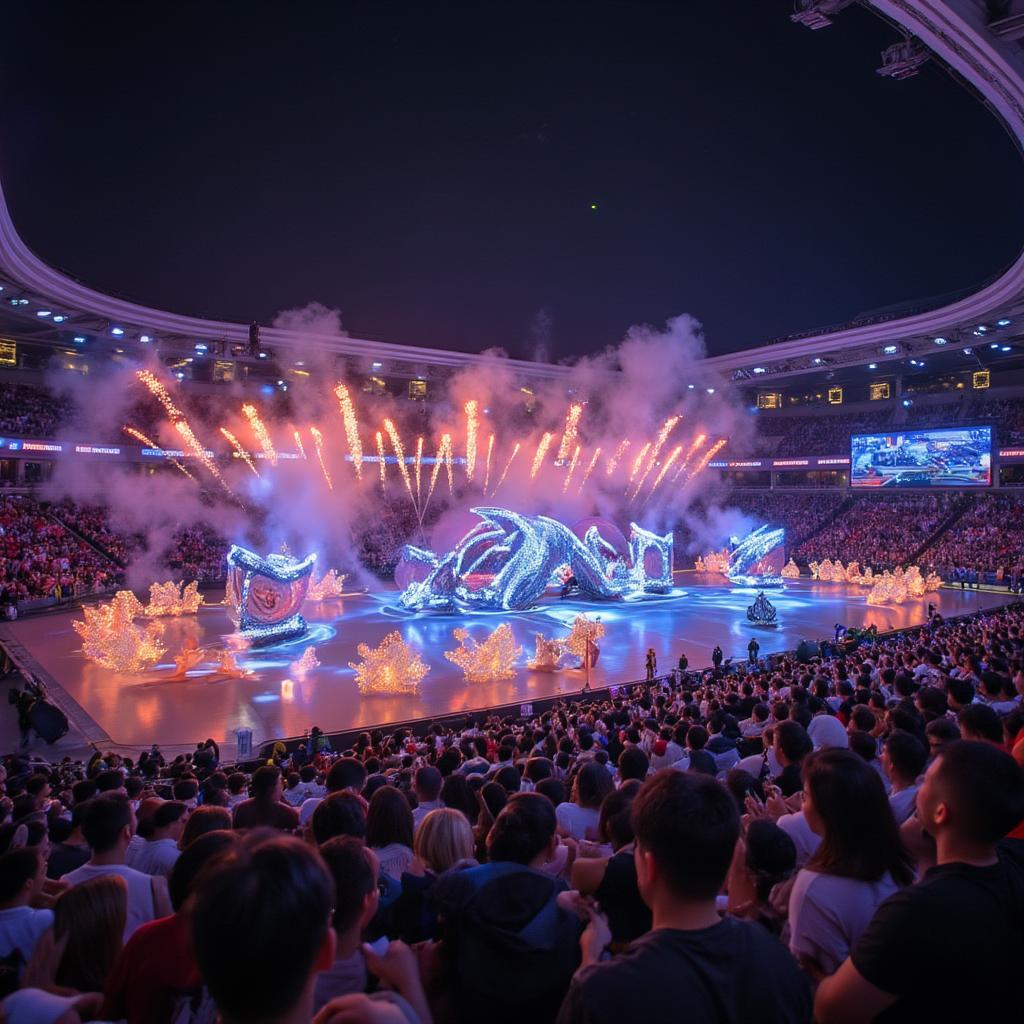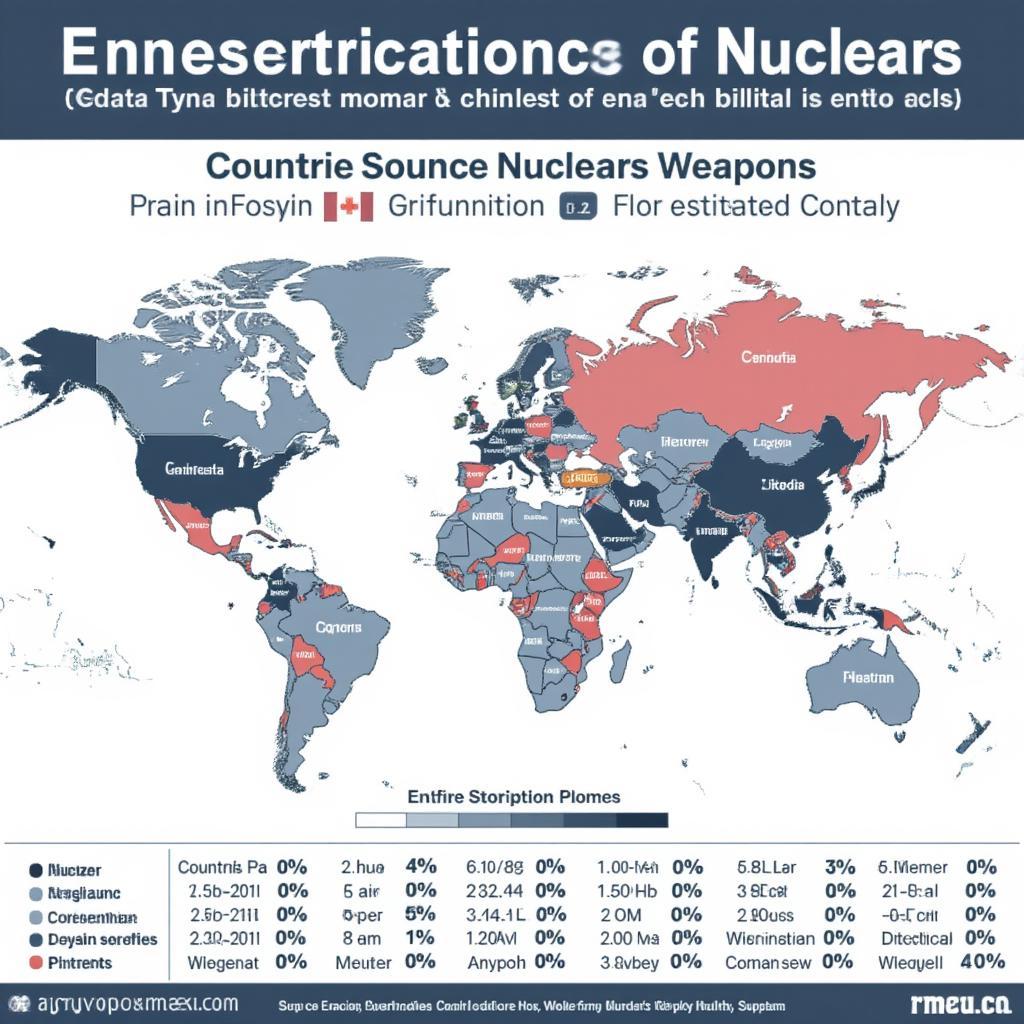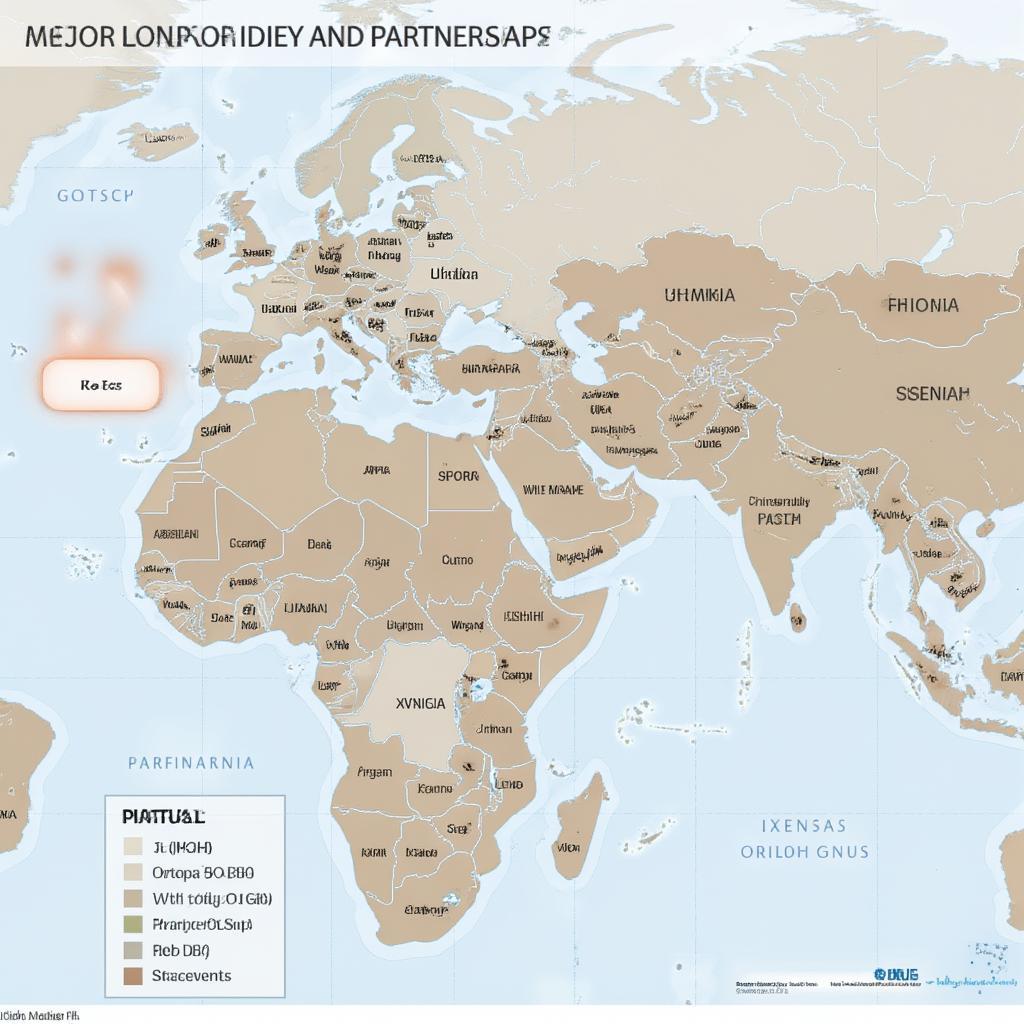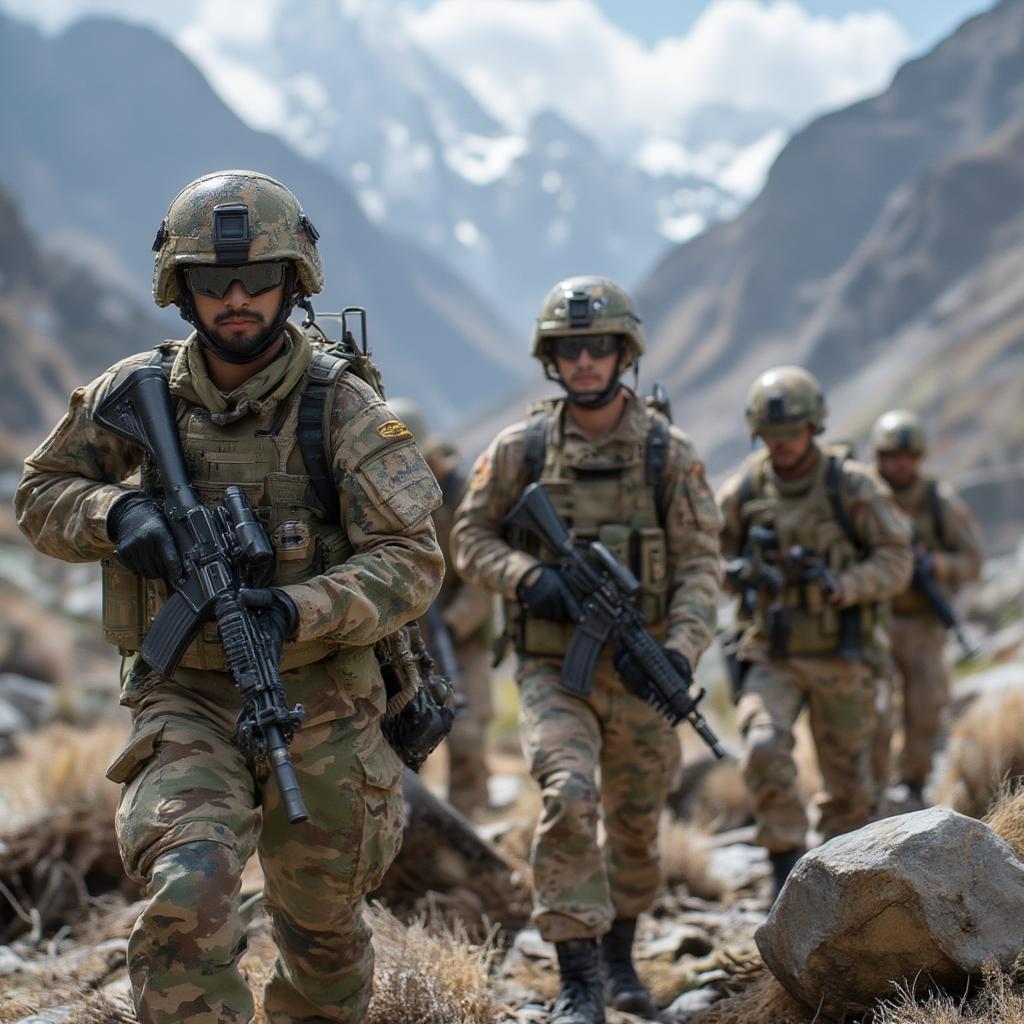Armed Forces in the World: A Comprehensive Overview

The global landscape of armed forces is a complex and ever-evolving tapestry of power, strategy, and technology. Understanding the strengths, weaknesses, and roles of different militaries around the world is crucial for comprehending international relations, geopolitical dynamics, and global security. This article delves into the multifaceted world of armed forces, exploring various aspects from manpower and equipment to budgets and global influence.
Military Strength and Global Power
Military strength is not solely determined by the size of an army. Factors such as technological advancements, training, leadership, and economic stability play a significant role in shaping a nation’s military capabilities. While some nations boast vast armies, others prioritize technological superiority and specialized units. The interplay of these factors determines a nation’s position on the global stage. For instance, a nation with a smaller but highly trained and technologically advanced military can exert significant influence. Conversely, a large army lacking modern equipment or effective leadership may struggle to project power effectively.
Measuring Military Strength: Beyond Troop Numbers
Assessing military strength involves considering a multitude of factors beyond simple troop counts. Key indicators include:
- Defense Budget: The financial resources allocated to military spending directly impact a nation’s ability to acquire and maintain advanced weaponry, train personnel, and conduct operations.
- Technological Advancement: Access to cutting-edge technology, including fighter jets, naval vessels, and cyber warfare capabilities, provides a significant advantage in modern conflicts.
- Military Personnel: The size, training, and experience of a nation’s armed forces directly contribute to its combat effectiveness. A well-trained and motivated force can often overcome numerical disadvantages.
The Role of Armed Forces in Maintaining Peace and Security
While often associated with conflict, armed forces play a critical role in maintaining peace and security both domestically and internationally. This encompasses a wide range of activities:
- Deterrence: A strong military can deter potential aggressors and prevent conflicts from escalating. This is achieved through a credible threat of retaliation and the projection of power.
- Peacekeeping Operations: Armed forces participate in United Nations and other multinational peacekeeping missions to stabilize conflict zones, protect civilians, and facilitate humanitarian aid.
- Disaster Relief: In times of natural disasters, armed forces are often deployed to provide emergency assistance, evacuation support, and logistical expertise. Their organizational structure and training make them uniquely suited to respond to crises.
The Changing Nature of Warfare: Adapting to New Threats
The nature of warfare is constantly evolving, with new threats emerging in the realms of cyber warfare, information warfare, and asymmetric conflict. Armed forces must adapt to these challenges by:
- Investing in Cyber Capabilities: Protecting critical infrastructure and responding to cyberattacks are becoming increasingly important aspects of national security.
- Developing Information Warfare Strategies: Controlling the narrative and countering disinformation campaigns are vital in the modern information age.
- Training for Asymmetric Warfare: Preparing for unconventional warfare tactics employed by non-state actors is crucial for maintaining security.
{width=1024 height=1024}
Examining Top Military Powers: A Comparative Analysis
Analyzing the top militaries in the world provides insights into global power dynamics. Consider the following:
- United States: The United States boasts the world’s most powerful military, with a substantial defense budget, advanced technology, and global reach.
- Russia: Russia possesses a large nuclear arsenal and a formidable conventional military, making it a major player in global security.
- China: China’s military is undergoing rapid modernization, with significant investments in naval and air power. This expansion is reshaping the balance of power in the Asia-Pacific region.
This requires considering not just military hardware but also strategic alliances, geopolitical influence, and economic strength. Factors such as a nation’s ability to project power globally, its influence in international organizations, and its economic stability all contribute to its overall standing in the world. Understanding these nuances is key to comprehending the complex dynamics of global power. To delve deeper into specific rankings and comparisons, explore resources like top 10 best military in the world. For a broader perspective on global military power, the most powerful military offers valuable insights.
The Future of Armed Forces: Emerging Trends
The future of armed forces is shaped by several key trends: For more detailed analysis on global military rankings, resources like ranking global military and rank military world provide comprehensive overviews. You can also find insightful information on the leading military forces at top powerful militaries in the world.
- Artificial Intelligence: AI is increasingly being integrated into military systems, from autonomous weapons to decision-making support tools.
- Space Militarization: The increasing importance of space-based assets is leading to a growing focus on space-based military capabilities.
- Hypersonic Weapons: The development of hypersonic missiles is revolutionizing warfare, posing new challenges for defense systems.
Conclusion
The Armed Forces In The World represent a complex interplay of power, technology, and strategy. Understanding their roles and capabilities is essential for navigating the complexities of global security. From maintaining peace and stability to adapting to emerging threats, armed forces play a pivotal role in shaping the international landscape. As technology continues to advance and geopolitical dynamics shift, the armed forces will continue to evolve, adapting to new challenges and shaping the future of warfare.




